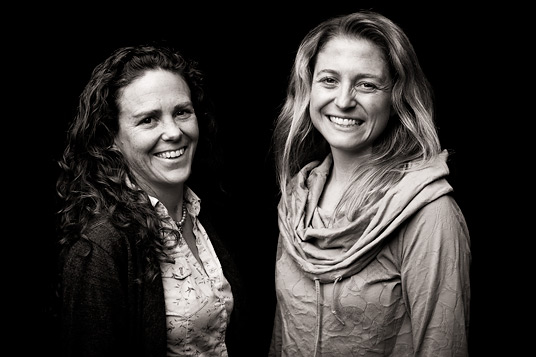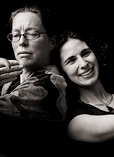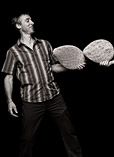
Kirsten Rowell & Anne Salomon
The poetic ecologist
THEMES: Definitions | WORKSHOP: Natural History & Research
Biographies
Kirsten Rowell
Kirsten Rowell is a research scientist at University of Washington. Her research reaches across disciplines (geology, ecology, and conservation biology), and she uses ancient skeletal remains to tell untold stories of fish and clams that have lived through large-scale human alterations to their habitats. The Sonoran Desert, Collorado River Corridor, and the Sea of Cortez is where Kirsten has spent the majority of her time being an avid observer of things – from emerging caddisflies, blooming saguaros, to the sounds of the feeding fish and shifting beach sands. Her newest natural history endeavor is raising two inquisitive children.Conversations:
Workshops:
Anne Salomon
Anne Salomon seeks to advance our understanding of how human disturbances alter the productivity, biodiversity and resilience of coastal marine ecosystems to inform ecosystem approaches to conservation. Broadly, Anne is interested in the cascading effects of predator depletion on marine food webs, marine reserve design and evaluation, climate change impacts on coastal ecosystems, alternative state dynamics, and the resilience of social-ecological systems. Anne complements her field-based research with stable isotope analyses, ecosystem modeling, historical ecology, archaeology, traditional knowledge, satellite remote sensing, and the quantitative techniques required to draw these multiple lines of evidence together. Ultimately, Anne strives to engage coastal communities and government agencies in collaborative research and encourage constructive dialogue among stakeholders to navigate the tradeoffs between coastal conservation and resource use.Conversations:
Workshops:
Transcript
Kirsten Rowell: The poetic ecologist has an entire tool belt full of tools and a creative mind. To know when to use these different tools, and how to get the most out of an environment or a study system, to get the natural history. So you're not limited to your loupe or your binoculars, but you also use your isotopes, you also use your mass-spec or whatever your tool is; your paint brush, your scalpel, your method of choice.
Anne Salomon: You're right. Whether they're satellite tags or stable isotopes, they're part of the poetic ecologist's tool kit, as is the ability to communicate and reach out and to be open to new ideas. Because then you can engage with those people that have different tools, do your best to avoid making mistakes, and do your best to avoid misunderstanding in working towards understanding that truth.


